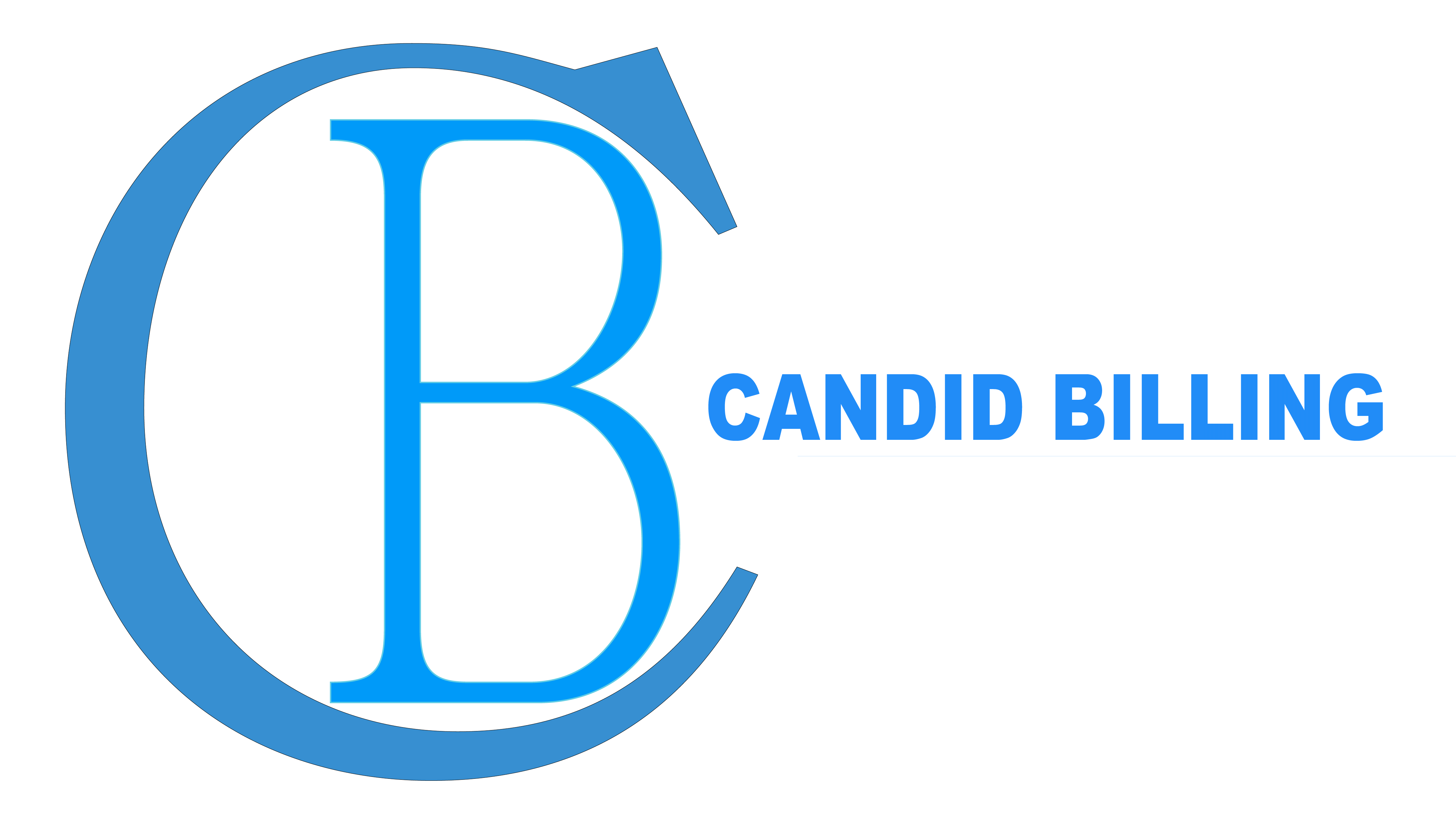In today’s healthcare landscape, effective medical billing is crucial for the financial health of medical practices. This article explores how medical billing services work, their importance, and why partnering with a local provider can be beneficial for enhancing efficiency and patient satisfaction.
What is Medical Billing?
Medical billing involves submitting and following up on claims with insurance companies to receive payment for healthcare services. The process includes coding, billing, and managing claims to ensure healthcare providers are compensated, which is essential for maintaining a thriving practice.
Accurate medical billing requires a skilled team trained in the latest healthcare coding systems, such as ICD-10, CPT, and HCPCS, which detail everything from procedures to medical supplies. Errors in coding can lead to delays in payment or even claim denials, which is why proper medical billing is key to maintaining cash flow and supporting efficient patient care.
Why is Medical Billing Important?
Revenue Cycle Management (RCM)
Medical billing is a core part of revenue cycle management (RCM), the financial process healthcare facilities use to track patient revenue from their initial appointment to final payment. Efficient RCM leads to timely payments, better cash flow, and the financial sustainability of healthcare providers. It includes verifying patient eligibility, submitting claims, and ensuring that payments are collected.
Accuracy in Coding
Proper coding ensures compliance with healthcare regulations, reflects the exact services provided, and avoids claim rejections. Accurate coding is critical to the healthcare system, and it requires professionals trained in the latest coding standards to ensure consistency and avoid costly mistakes. Incorrect coding can lead to penalties or audits, which can strain a practice’s resources.
Patient Satisfaction
Medical billing services also play a role in patient satisfaction. Transparent, easy-to-understand billing statements allow patients to comprehend their financial responsibilities, avoiding confusion and enhancing trust. This transparency can lead to improved patient relationships, especially in cases where patients face significant costs for services. Many patients appreciate clear breakdowns of charges, which can prevent misunderstandings and boost confidence in the practice’s administrative processes.
Common Challenges in Medical Billing
Despite its importance, medical billing can present various challenges. Here are a few common issues:
Coding Errors
Mistakes in coding, such as upcoding (charging for a more expensive service than was provided) or downcoding (charging for a less costly service), can lead to claim denials. Such errors, whether intentional or accidental, can result in legal complications. A skilled medical billing provider helps ensure accurate, compliant coding practices.
Insurance Claims Denials
Claims may be denied for reasons like insufficient documentation or incorrect patient details. With an effective follow-up process, these claims can be quickly resolved and resubmitted. For instance, when patients change insurance providers without updating their information, claim issues can arise. A reliable billing service will verify insurance details before billing to reduce the risk of denials.
Regulatory Compliance
The healthcare industry faces complex regulations that require regular updates and training to stay compliant. Regulations such as HIPAA (Health Insurance Portability and Accountability Act) in the U.S. place specific requirements on how medical information is handled. Keeping up with such regulations can be overwhelming for in-house teams, which is where an experienced billing service can provide relief.
Benefits of Professional Medical Billing Services
Outsourcing to a professional medical billing service offers several advantages:
Expertise and Knowledge
By partnering with a medical billing provider, healthcare facilities gain access to experts in billing and coding, who stay current with changing regulations and standards. This reduces error rates, improves claim acceptance rates, and allows providers to focus on patient care. Professionals in the field can navigate complex billing processes, such as billing for bundled services or multi-step treatments.
Time and Cost Efficiency
Managing billing in-house can be resource-intensive, especially for smaller practices that may lack trained staff. Outsourcing allows healthcare providers to concentrate on their patients while leaving administrative billing tasks to skilled experts. Studies have shown that outsourcing can reduce costs by avoiding hiring, training, and overhead expenses related to an in-house billing team.
Improved Cash Flow
Professional billing services near me use best practices in revenue cycle management, accelerating claim resolutions and enhancing cash flow. Efficient billing processes prevent delays and ensure that payments are received promptly. This cash flow consistency allows practices to invest in improved facilities, equipment, or additional staff.
Advanced Technology
Many medical billing providers utilize advanced technology and software for secure, efficient billing processes. The use of modern billing systems reduces the risk of human errors and enhances data security, a critical consideration in handling sensitive patient information. Some advanced billing software can also generate insightful reports that aid in financial forecasting and budgeting.

How to Choose the Right Medical Billing Services
Selecting the right billing partner requires a careful evaluation of their experience and services. When looking for “medical billing services near me,” consider the following:
Experience and Reputation
Choose a provider with a strong track record and expertise in your specialty area, whether it’s general practice, surgery, or mental health. Research online reviews and ask for recommendations to verify a company’s reputation.
Comprehensive Services
Look for billing providers who offer complete solutions, from coding and claims submission to follow-up and patient billing. Comprehensive service ensures all billing-related needs are met seamlessly, reducing the need to manage multiple vendors.
Transparency and Reporting
A reliable billing service should offer regular updates and reports on claim status, financial performance, and key metrics. Access to real-time data helps healthcare providers make informed decisions and maintain control over their finances.
Technology and Integration
Select a provider that uses modern technology compatible with your practice management software, allowing for a seamless transition of information between systems. Integration with existing electronic health records (EHR) software streamlines the billing process and improves accuracy.
The Future of Medical Billing
The field of medical billing is constantly evolving, with advancements in technology shaping its future:
Automation
Automation is transforming medical billing by minimizing manual input and errors. Automated billing solutions streamline the workflow, freeing up resources and reducing processing times.
Telehealth Billing
As telehealth gains popularity, billing for virtual visits has introduced new complexities. Professional billing services are equipped to handle these nuances, including compliance with regulations specific to telemedicine.
Data Analytics
Data analytics is helping providers understand trends, predict cash flow, and identify potential areas for improvement in revenue management. For example, by analyzing claim denial patterns, a practice can proactively address recurring issues, further improving revenue cycles.
Conclusion
Effective medical billing is fundamental to the financial health of healthcare practices. By understanding its role, healthcare providers can enhance revenue cycle management and patient satisfaction. For those searching for “medical billing services near me,” partnering with a professional provider can simplify complex billing processes, helping practices focus on delivering outstanding patient care.

